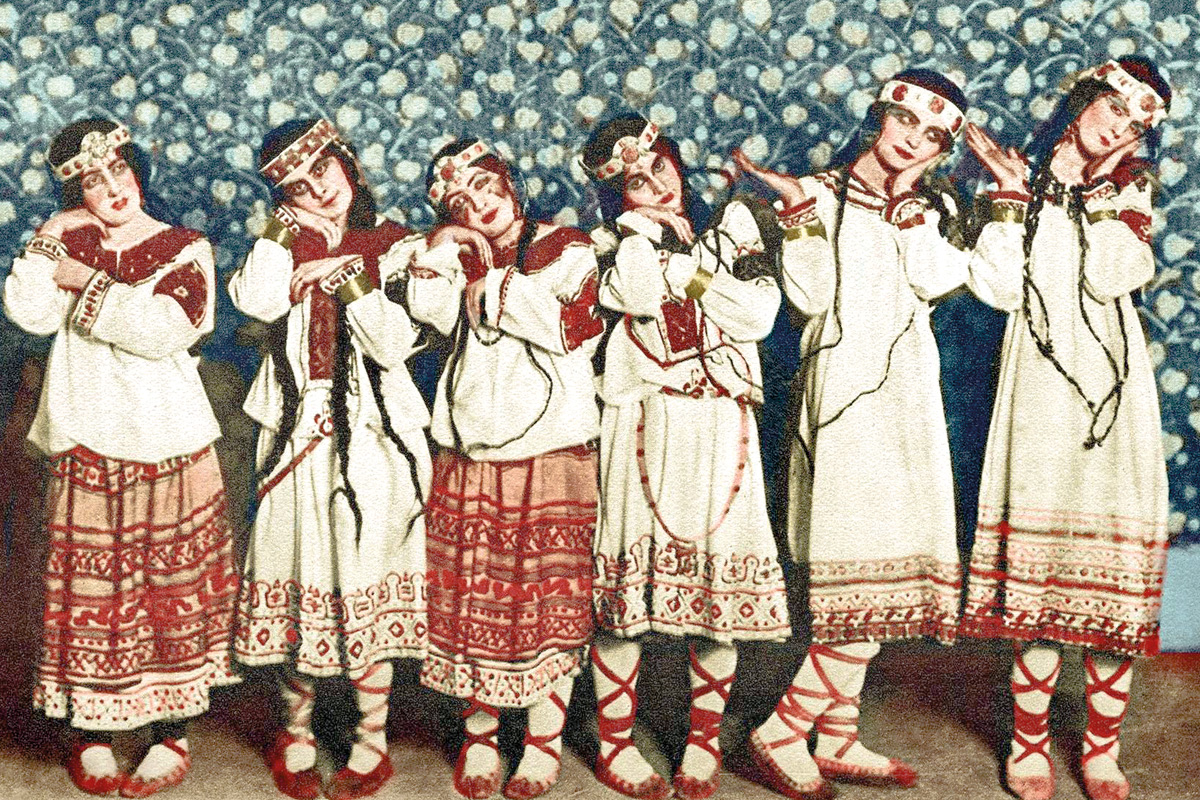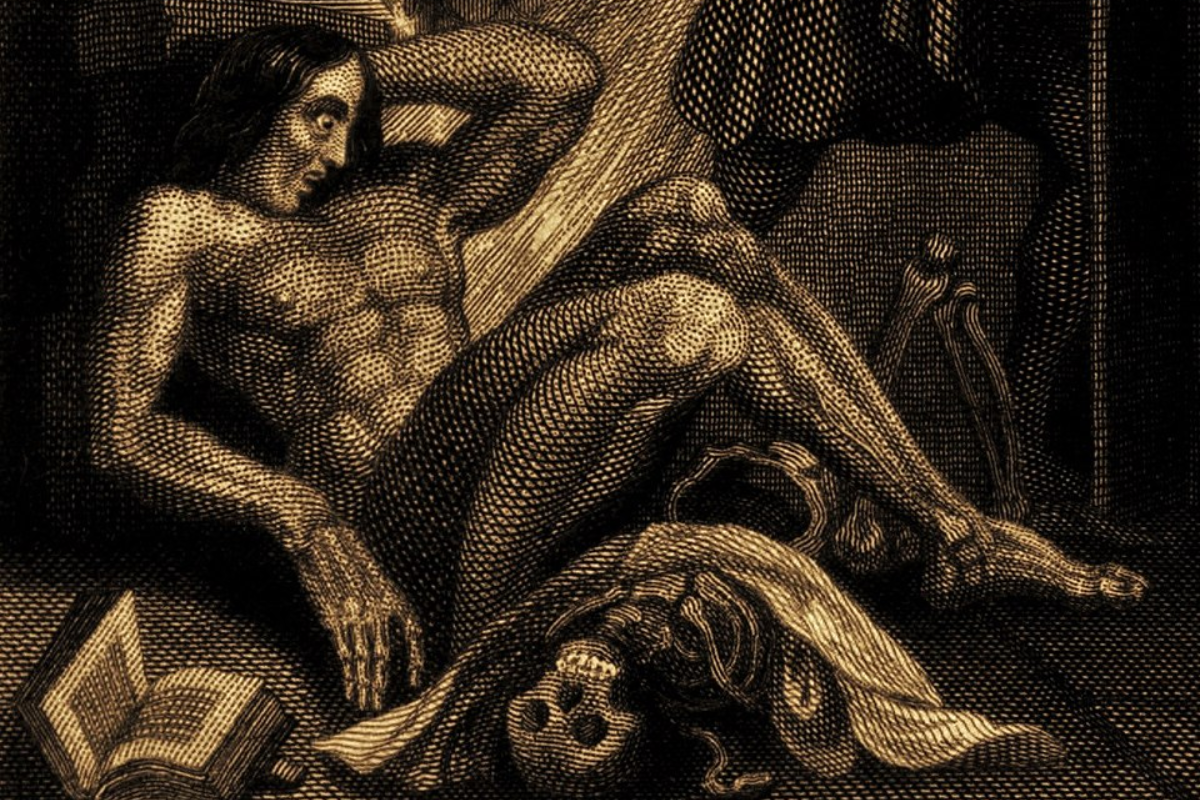William Morris is probably known best today as a designer of wallpaper and fabrics. This is a travesty. Morris was a revolutionary socialist, a Marxist. Morris read Capital when it was only published in German, and therefore unavailable to most British workers. Inspired, he joined the Democratic Federation, later called the Social Democratic Federation, the first British Marxist organisation. From that time on he was a tireless agitator for socialism till his last days.
It is true that Morris was also an important nineteenth century artist. He was a founder of the Pre Raphaelite Brotherhood and the British Arts and Crafts Movement. In his case this was not mere antiquarian hankering. On becoming a socialist, he realised that he had been reacting against the soulless mass production of capitalism. Capitalism did not just produce shoddy goods, it also deprived the worker of all creativity and pleasure in their work. In these extracts Morris uses the term ‘Whiggery’ to refer generally to bourgeois philistinism. In his writings as a socialist on art, Morris came within a whisker of outlining Marx’s theory of alienation, explained in his 1844 Manuscripts. This is remarkable since Marx’s early writings were not discovered and published till 1932.
The SDF, founded by HM Hyndman, showed opportunist tendencies and Morris, supported by Engels, split to set up the Socialist League. Unfortunately the League was eventually captured by anarchists. Morris did not give up. He remained a member of the Hammersmith Socialist Society, which held weekly open air soap box meetings by Hammersmith Bridge. The coach house of Morris’ Kelmscott House by the Thames became their meeting place. In later years Morris realised that the anti-Parliamentary stance of the Socialist League had been wrong and moved back closer to the SDF. This article was published in their paper Justice in 1894.
Morris wrote socialist novels such as News from Nowhere and A Dream of John Ball. They are often described as utopian, but their intention was to show how life could be better under socialism.
Comrades who have had difficulty in reading Capital for the first time will note from these extracts that they are not the only ones! Morris died in 1896.
William Morris
How I Became a Socialist (extracts)
First, I will say what I mean by being a Socialist, since I am told that the word no longer expresses definitely and with certainty what it did ten years ago. Well, what I mean by Socialism is a condition of society in which there should be neither rich nor poor, neither master nor master’s man, neither idle nor overworked, neither brain-sick brain workers, nor heart-sick hand workers, in a word, in which all men would be living in equality of condition, and would manage their affairs unwastefully, and with the full consciousness that harm to one would mean harm to all-the realization at last of the meaning of the word COMMONWEALTH.
Now this view of Socialism which I hold to-day, and hope to die holding, is what I began with; I had no transitional period, before I joined the (then) Democratic Federation, and the meaning of my joining that body was that I had conceived a hope of the realization of my ideal.
I had read some of Mill, to wit, those posthumous papers of his … in which he attacks Socialism in its Fourierist guise. In those papers he put the arguments, as far as they go, clearly and honestly, and the result, so far as I was concerned, was to convince me that Socialism was a necessary change, and that it was possible to bring it about in our own days. Those papers put the finishing touch to my conversion to Socialism. Well, having joined a Socialist body (for the Federation soon became definitely Socialist), I put some conscience into trying to learn the economical side of Socialism, and even tackled Marx, though I must confess that, whereas I thoroughly enjoyed the historical part of Capital, I suffered agonies of confusion of the brain over reading the pure economics of that great work. Anyhow, I read what I could, and will hope that some information stuck to me from my reading; but more, I must think, from continuous conversation with … friends.., and the brisk course of propaganda meetings which were going on at the time, and in which I took my share. Such finish to what of education in practical Socialism as I am capable of I received afterwards from some of my Anarchist friends, from whom I learned, quite against their intention, that Anarchism was impossible, much as I learned from Mill against his intention that Socialism was necessary.
Before the uprising of modern Socialism almost all intelligent people either were, or professed themselves to be, quite contented with the civilization of this century. Again, almost all of these really were thus contented, and saw nothing to do but to perfect the said civilization by getting rid of a few ridiculous survivals of the barbarous ages. To be short, this was the Whig frame of mind, natural to the modern prosperous middle-class men, who, in fact, as far as mechanical progress is concerned, have nothing to ask for, if only Socialism would leave them alone to enjoy their plentiful style.
But besides these contented ones there were others who were not really contented, but had a vague sentiment of repulsion to the triumph of civilization, but were coerced into silence by the measureless power of Whiggery. Lastly, there were a few who were in open rebellion against the said Whiggery-a few, say two, Carlyle and Ruskin. The latter, before my days of practical Socialism, was my master towards the ideal aforesaid, and, looking backward, I cannot help saying, by the way, how deadly dull the world would have been twenty years ago but for Ruskin! It was through him that I learned to give form to my discontent, which I must say was not by any means vague. Apart from the desire to produce beautiful things, the leading passion of my life has been and is hatred of modern civilization. What shall I say of it now, when the words are put into my mouth, my hope of its destruction-what shall I say of its supplanting by Socialism?
What shall I say concerning its mastery of and its waste of mechanical power, its commonwealth so poor, its enemies of the commonwealth so rich, its stupendous organization-for the misery of life! Its contempt of simple pleasures which everyone could enjoy but for its folly? Its eyeless vulgarity which has destroyed art, the one certain solace of labour? All this I felt then as now, but I did not know why it was so. The hope of the past times was gone, the struggles of mankind for many ages had produced nothing but this sordid, aimless, ugly confusion; the immediate future seemed to me likely to intensify all the present evils by sweeping away the last survivals of the days before the dull squalor of civilization had settled down on the world. This was a bad look-out indeed, and, if I may mention myself as a personality and not as a mere type, especially so to a man of my disposition, careless of metaphysics and religion, as well as of scientific analysis, but with a deep love of the earth and the life on it, and a passion for the history of the past of mankind. Think of it! Was it all to end in a counting-house on the top of a cinder-heap, with Podsnap’s drawing-room in the offing, and a Whig committee dealing out champagne to the rich and margarine to the poor in such convenient proportions as would make all men contented together, though the pleasure of the eyes was gone from the world, and the place of Homer was to be taken by Huxley? Yet, believe me, in my heart, when I really forced myself to look towards the future, that is what I saw in it, and, as far as I could tell, scarce anyone seemed to think it worth while to struggle against such a consummation of civilization. So there I was in for a fine pessimistic end of life, if it had not somehow dawned on me that amidst all this filth of civilization the seeds of a great change, what we others call Social-Revolution, were beginning to germinate. The whole face of things was changed to me by that discovery, and all I had to do then in order to become a Socialist was to hook myself on to the practical movement, which, as before said, I have tried to do as well as I could.
To sum up, then the study of history and the love and practice of art forced me into a hatred of the civilization which, if things were to stop as they are, would turn history into inconsequent nonsense, and make art a collection of the curiosities of the past, which would have no serious relation to the life of the present.
A last word or two. Perhaps some of our friends will say, what have we to do with these matters of history and art? We want by means of Social-Democracy to win a decent livelihood, we want in some sort to live, and that at once. Surely any one who professes to think that the question of art and cultivation must go before that of the knife and fork (and there are some who do propose that) does not understand what art means, or how that its roots must have a soil of a thriving and unanxious life. Yet it must be remembered that civilization has reduced the workman to such a skinny and pitiful existence, that he scarcely knows how to frame a desire for any life much better than that which he now endures perforce. It is the province of art to set the true ideal of a full and reasonable life before him, a life to which the perception and creation of beauty, the enjoyment of real pleasure that is, shall be felt to be as necessary to man as his daily bread, and that no man, and no set of men, can be deprived of this except by mere opposition, which should be resisted to the utmost.






